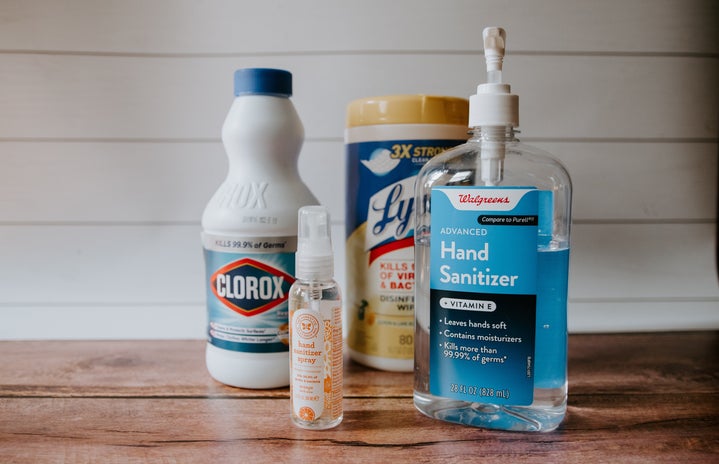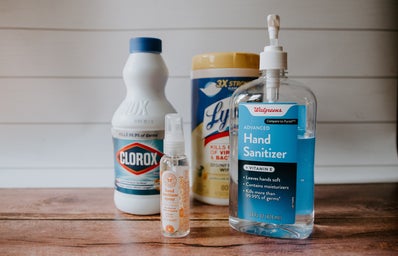As Floridians, we are accustomed to stockpiling basic resources in times of panic (remember Irma? Perhaps Dorian?) It also quickly becomes obvious that the normal prices of said resources will almost quadruple when the public becomes panicked.
Ever since the coronavirus has swept the globe, it’s impossible to think about anything else. Everyone has activated their fight-or-flight response mechanisms, of which means wrestling over the last roll of toilet paper at your local Target. However, instead of resorting to panic, some people have seen this hysteria as a way to make profit. The practice of inflating prices in times of emergency is called price gouging.
A study conducted by the U.S. PIRG Education Fund found that the price of face masks on Amazon increased a whopping 166% from the continuing three-month period. It also found a listing of 320 Lysol cleaning wipes, regularly priced at $13.57, inflated to $220.
There are laws in certain states to protect consumers from price gouging. However, the issue is that the provisions of what defines “price gouging” are very ambiguous.
“You know it when you see it,” said New York Attorney General Letitia James.
States like Florida and Alabama restrict companies from selling at an “unconscionable” price. Other states use words like “exorbitant” or “excessive” as guidelines. In addition to these vague restrictions, the fluctuation of prices is also a direct result of the market, not the sellers themselves.
“Laws can’t change the market conditions that drive prices up. Prices for hand sanitizer, face masks, and easily stored food are rising right now not because sellers are mean, but because demand is rising relative to the immediately available supply,” said Tuccille in an article.
However, this has not stopped people, such as Matt Colvin, from purchasing items such as hand sanitizer and wipes in bulk, and reselling them at an inflated price on Amazon. The next day, the company removed all his listings. Colvin was left with 17,700 bottles of hand sanitizer he had amassed, while others in need stared at empty shelves. After much backlash and realizing he had no way to profit, he eventually donated all the supplies.
The best way to endure the crisis is to keep a levelheaded approach. Hoarding supplies is selfish to those in need, and it drives up the demand curve in the market, which leads to the inevitable price gouging issue that consumers are facing.


